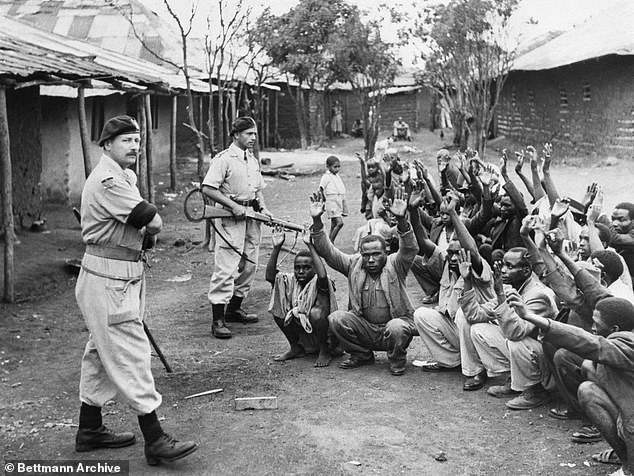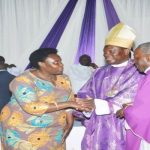British King Charles III is under pressure to make a “clear and unreserved public apology” for the human rights abuses that occurred during colonial rule in Kenya. The Kenya Human Rights Commission (KHRC) issued this call just two days before the British monarch’s visit to the East African nation, marking his first visit as king to a Commonwealth member.
The KHRC, a non-governmental organization, has appealed to King Charles on behalf of the British government to issue an unequivocal public apology, distinguishing it from the cautious and self-protective statements of regret made in the past. This request is aimed at addressing the brutal and inhumane treatment that Kenyan citizens endured during the colonial era.
Buckingham Palace has acknowledged that King Charles is expected to confront the “more painful aspects” of the historical relationship between the UK and Kenya during his visit. Specifically, this includes the period known as the “Emergency” from 1952 to 1960 when colonial authorities cracked down on the Mau Mau guerrilla campaign against European settlers.
The suppression of the Mau Mau uprising resulted in the deaths of approximately 10,000 individuals, primarily from the Kikuyu community. The palace has stated that “His Majesty will take time during the visit to deepen his understanding of the wrongs suffered in this period by the people of Kenya.”
In response, the KHRC insists that the apology should encompass the entire colonial period, spanning from 1895 to 1963. Moreover, they are demanding effective reparations for the various groups in Kenya that were subjected to atrocities during this time. The KHRC has urged President William Ruto to prioritize this issue during his meetings with King Charles.
The issue of colonial abuses in Kenya has already been the subject of a prolonged legal battle. In 2013, after several years of litigation, Britain agreed to compensate over 5,000 Kenyans who had experienced abuse during the Mau Mau revolt. The compensation deal was valued at nearly 20 million pounds, equivalent to $25 million at today’s exchange rates.
During his visit to Nairobi, King Charles will engage with entrepreneurs, meet young Kenyans, and participate in a state banquet. He will also visit a newly established museum dedicated to Kenya’s history and lay a wreath at the Tomb of the Unknown Warrior in Uhuru Gardens, the site where Kenya declared its independence in December 1963.
Following their time in Nairobi, the royal couple will travel to the coastal city of Mombasa. Their itinerary includes a visit to a nature reserve and meetings with religious representatives.
Kenya is preparing to celebrate its 60th year of independence from British colonial rule, making the issue of a public apology for colonial abuses particularly salient.




















